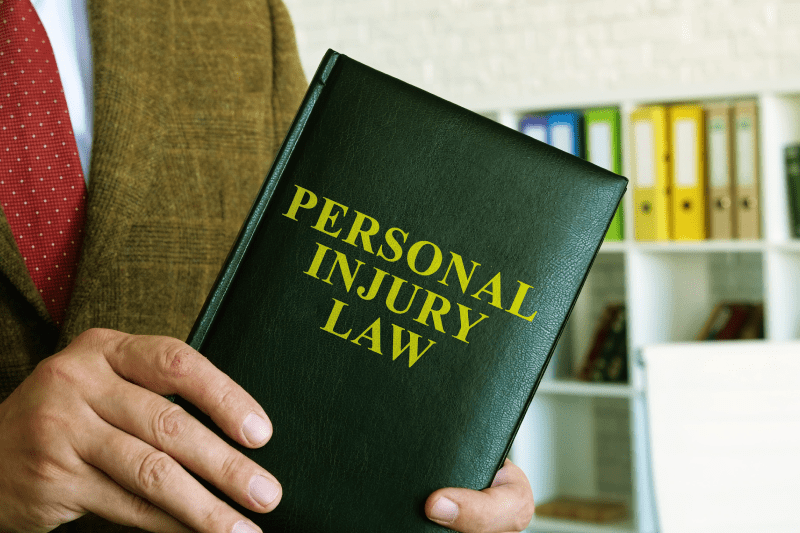Injuries can happen at any time, in any situation. Some of them are pure accidents, and others can be blamed on a third party. In the latter case, the injuries have legal implications, but identifying a personal injury in the legal sense can be more complicated than it appears at first. For claimants who have never tried to claim damages for a personal injury, the legal definitions and the processes involved can be quite intimidating. It is best to prepare yourself with some of the basics so that you know what to expect. To start off with, what do we even mean when we talk about a personal injury?
What is Personal Injury?
The term “personal injury” is a legal one, and should not be confused with the simple, everyday use of the word “injury.” The latter refers to wounding or bodily damage sustained by an individual in any way – whether caused by a third party or not. “Personal injury,” in our sense, is an element of civil law. It refers to either physical, emotional, mental, or reputational damage that a person sustains as a result of another party’s negligence or malice.
In a personal injury case, the person who makes a claim against another party is called the plaintiff. The party who is accused of having caused the personal injury is called the defendant.
Types Of Personal Injury Claims
In theory, any injury could potentially be considered a personal injury. Here are some of the most common types of personal injury claims that people make:
- Slip and fall: When plaintiffs sustain an injury as a result of wet floors, broken tiles, or uneven steps, they could lodge this type of claim against the owner of the property where the incident occurred.
- Road accident: This is the most common type of personal injury claim, with motorists, bikers, truckers, and even pedestrians making claims against other road users when an accident occurs.
- Premise liability: If injuries occur due to structural issues or falling objects, the victims can often make successful claims of negligence against the owners of the properties.
- Consumer product liability: These types of claims can include medical side effects or other injuries caused by defective products.
Legal Aspects of Personal Injury
Two of the most important legal aspects to consider before you make a personal injury claim are statutory limitations and burden of proof. A statutory limitation is the amount of time you have to file a claim after an injury occurs. In Florida, this is four years. In New York, it is three years.
Any plaintiff carries a burden of proof when bringing an accusation against another party. You must be able to prove that the defendant is truly responsible for the injuries you suffered. In personal injury cases, however, the burden of proof is relatively low in comparison to criminal cases.
Work with a personal injury lawyer at Shamis & Gentile
Shamis & Gentile provides outstanding legal services in Florida and New York. We distinguish ourselves because of our experience and resources, which we combine to handle any kind of case involving personal injury, class actions/mass tort, contract disputes, among others. When you bring your case to Shamis & Gentile, you will always work with a seasoned attorney who has an excellent track record. We are progressive and trusted within the legal community, and we are often called upon to settle cases that other law firms may not be able to handle on their own. Contact us and book a consultation with one of our personal injury lawyers.




